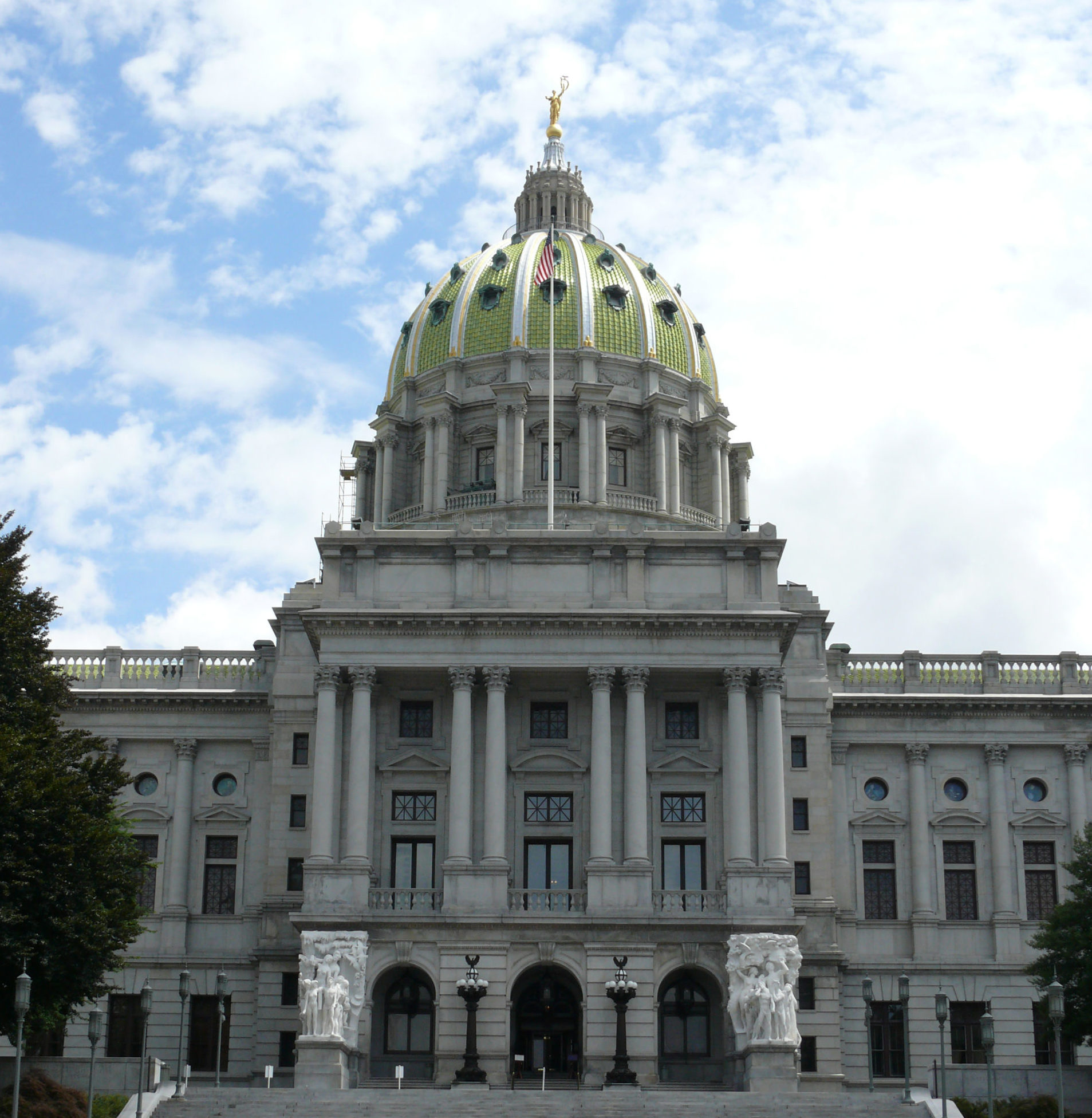PA House Committee Passes Bill Forcing Doctors to Perform Sex Reassignment Surgery

Would the new legislation approved by the Pennsylvania House Judiciary Committee require doctors to participate in sex-reassignment medical treatment regardless of their personal beliefs?
Rep. Emily Kinkead (D-Bellevue) certainly thinks so. During the committee’s hearing, she gave an impassioned speech, at times pounding on her desk and affirming that the bill would require doctors to perform procedures that might violate their ethical or religious views.
“When you talk about whether physicians are going to be required to do X, Y, Z—yes!” Kinkead said. “If it does no harm. If it, in fact, helps people, and when we deny gender-affirming care to people who do not identify with the gender they were assigned at birth, that is causing harm, and absolutely we should be holding the doctors accountable who deny life-saving care to people.”
That was the basis of GOP objections to the bill, which amends the Human Relations Act. They said that setting aside views on LGBT issues, the law as proposed, would require doctors to participate in sex-change medical procedures, even if they oppose it on religious, philosophical, or medical grounds. Those procedures range from puberty-blocking hormones to surgeries to remove girls’ breasts and removing boys’ penises and testicles, as well as medically-unnecessary hysterectomies and shaving Adam’s apples.
Democrats brushed aside GOP concerns.
“No matter who you are or who you love, you are welcome here in Pennsylvania. No one should ever be discriminated against, treated differently, or made to feel less than a human being because of who they love or how they identify,” said committee Chair Tim Briggs (D-King of Prussia).
Sponsor Malcolm Kenyatta (D-Philadelphia), who is gay, said the bill was first introduced in 2001. He argued that in “too many” areas of the state, people can be discriminated against legally.
But Rep. Paul Schemel (R-Waynesboro) said he was concerned about medical freedom. He asked if doctors would be required to provide “a gender reassignment procedures such as a hysterectomy for a biological female who identifies as male?” He asked what protections were provided.
Kenyatta tried to brush aside those concerns, saying they were not “germane to the bill. What we are talking about is our Human Relations Commission” and adding “a number of protected classes.”
Schemel said a California court ruled that a law with “nearly identical” language to HB 300 required a Catholic hospital to perform a hysterectomy “on an otherwise healthy, biological female.” He also asked if the bill would require health care providers to prescribe puberty-blocking or cross-ex hormones.
“The language of this bill would put into jeopardy those who want to express their own liberty and freedoms not to require (them) to provide puberty blockers, which is a program of treatment for gender dysphoric children, which is quickly in European nations becoming illegal.”
Kenyatta said, “I would urge you to be on the right side of history (and) reconsider telling all your constituents, no matter who they love or how they identify, that their representative represents them.” He accused Schemel of using “talking points.”
Schemel replied, “I think this is a personal attack.”
Rep. David Rowe (R-Middleburg) said there would be unintended consequences if the bill passes. A similar law is in effect in Canada, resulting in rape victims in a women’s shelter being raped again by two different men who claimed they were women to gain entrance. Under Canada’s law, they had to be admitted since they identified as women.
Rep. Chris Pielli (D-West Chester) said, “We could talk all day about the victims of our gay community and what they face.”
In the Army, many gay service members could not come out under the Don’t Ask, Don’t Tell law, he said. “The fact that we don’t have this bill is embarrassing. I’m doing this for all those soldiers. I’m doing this for my two kids who came out to me in high school.”
Rep. Chris Rabb (D-Philadelphia) said, “I don’t need to have a critical mass of lesbian-headed households in my district to do the right thing. I don’t need to be the father of a queer son to know what’s right. I know that none should be a second-class citizen. I’m old-fashioned that way.”
Rep. Melissa Shusterman (D-Paoli) said doctors take an oath “that includes serving and making sure people get well.” And that oath “is between them and their patients.”
It is “not something people without medical degrees should be speaking about,” Shusterman said.
Schemel spoke again, saying the legislation is not just about ensuring the rights of LGBT people, but rather, “is much more broadly drafted. It impacts a lot of areas of the law, some in conflict with others. It has broad implications for individuals who provide services.”
It “requires those in certain occupations and professions to do things they might find philosophically or morally, religiously, ethically, or medically impossible,” said Schemel. “That’s why I oppose this legislation. It’s much more broad than what’s being presented.”


